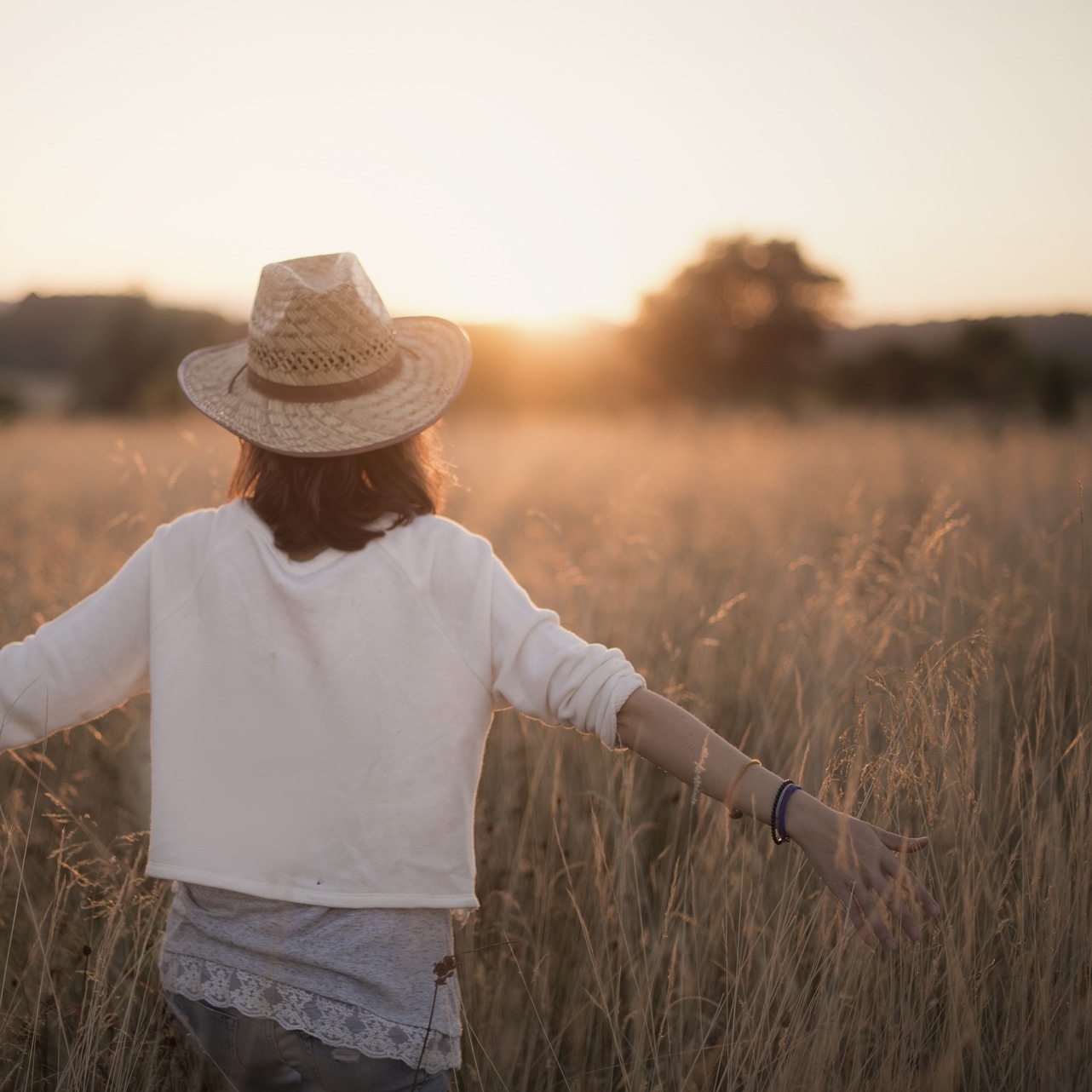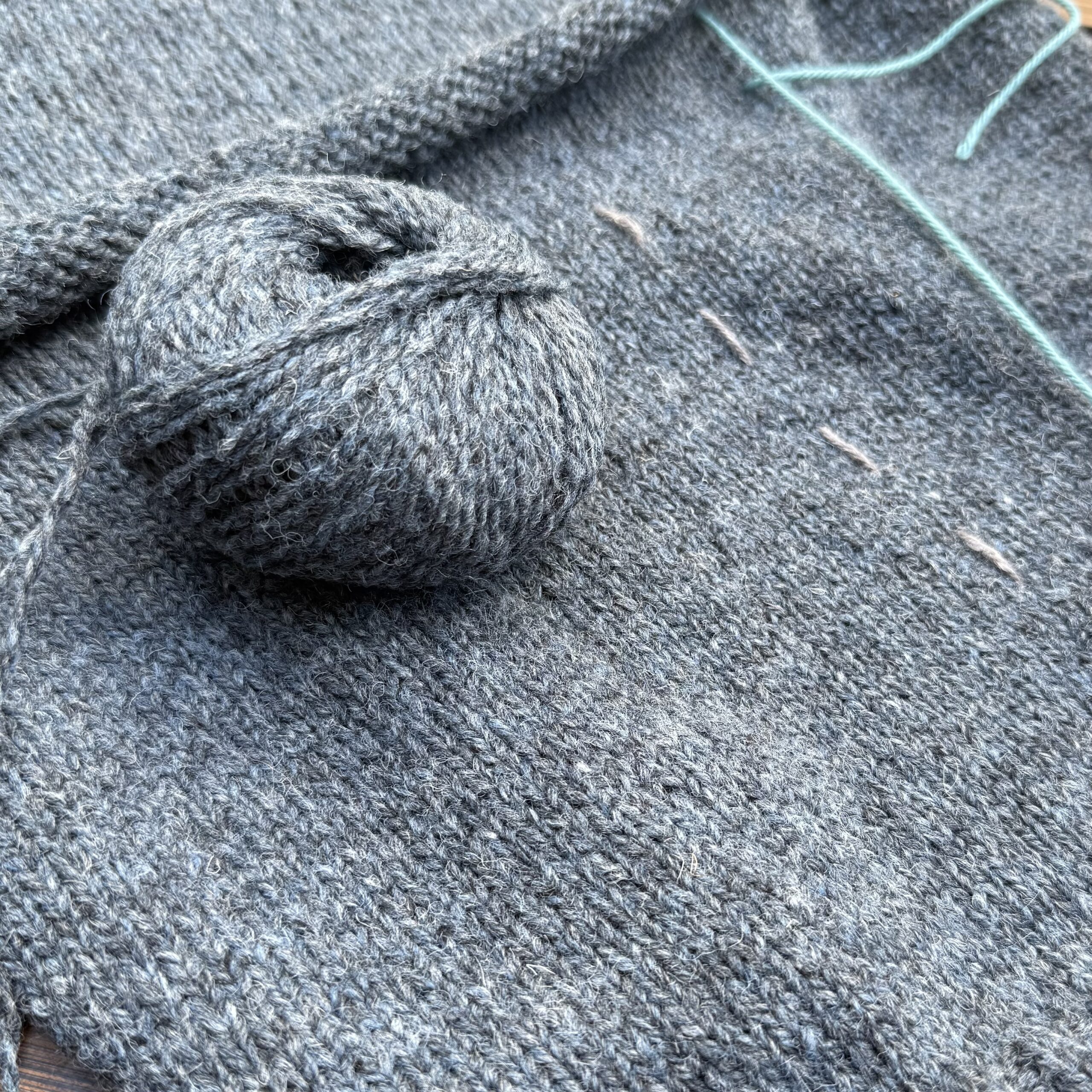
Welcome to . . . Read With Us Discussion Day
Bonny and Carole and I are posting discussion question(s) today for our latest RWU book . . . How to Say Babylon by Safiya Sinclair. Join the discussion by commenting on our blogs. I’ll be answering your posts within the comment section for this discussion — and you can comment on other people’s comments, as well. Y’know . . . like in a real book group.
Let’s begin!
 First . . . I’d really like to know what you thought of the book. What did you like best – or least – about How to Say Babylon. Do you enjoy reading memoirs?
First . . . I’d really like to know what you thought of the book. What did you like best – or least – about How to Say Babylon. Do you enjoy reading memoirs?
Second . . . What was your understanding of Rastafarian culture and religion before reading How to Say Babylon? After?
Third . . . When I read How to Say Babylon, I was struck by the power and influence of poetry in Safiya’s life. Safiya’s childhood was clearly marked by the distinct, sharp boundaries established by her father . . . until her mother introduced her to poetry. That sharp contrast – between the strict binary of her day-to-day life and the softness of poetry – was certainly one of Safiya’s saving graces. What else helped her break free of life as a Rastafarian woman?
I can’t wait to hear what you think!
==========
Don’t forget: We’ll be discussing the book on Zoom tonight – 7:00 pm Eastern Time. There’s still time for you to join us! Just let me know of your interest either with a comment or by sending me an email (see sidebar, above) — and I’ll send a Zoom invitation.
PS – If you are planning to join us on the Zoom, but haven’t received an invitation from me (I sent them late Monday afternoon), please let me know so I can get the Zoom link to you today.






I was just blown away by Safiya’s courage to write her story. (and I think there is something amazing that a thread of poetry runs through her life…) It was such a hard story to listen to… but Safiya’s courage was such a beacon of hope! I finished the book yesterday and have not stopped thinking about it… the ending… just wow. And I have all kinds of envy that she KNEW Derek Walcott. And last night I was wondering how many times she has read Love After Love… and felt the balm of those words wash over her bruised spirit… I hope it has helped her as much as that poem has helped me!
I knew nothing about the Rastafarian religion (although I knew about Haile Selassie, I did not realize his importance to Rastafarianism). My take away on Rastafarianism is that it is yet another religion where women are subjugated to the authority of men. There are way too many of those… way too many.
As for your first question… I think that “memoir” is an inadequate term for what this book really felt like… someone tonight will likely put my feelings to words. But it felt more than a memoir, it felt therapeutic, cathartic, something to help her move beyond… much more than a memoir imo.
I thought of you, Kat! (Derek Walcott!)
And per your closing sentence — ’emancipation’ comes to mind. That this work was her emancipation.
I’ve always thought that I wasn’t much of a memoir reader, but I did enjoy this one and Wild Ride. They provide a way to see how others live and think and learn that they may be very different from the ways we are used to. I understand that Rastafarianism has some tenets and beliefs but it also seems very much like a “do it yourself” religion – whatever an individual proclaims he believes in is okay, even if this includes violence. I’m still not sure I understand it very well, but at least now I know it’s more than Bob Marley music. In addition to poetry, I think education and her inner resilience, determination, and drive helped her to break away from Rastafarianism. Looking forward to tonight!
I didn’t know much about Rastafarianism before reading this, and still don’t have a good understanding of it.
As far as liking memoirs, some I like and some I don’t like. I enjoy the ones that show me how the author has coped with and overcome life challenges without being self-pitying. What really impressed me with this one was Safiya’s inner strength and determination to overcome trauma and many obstacles and that she achieved her goals without breaking relations with her family.
I have read a few memoirs but not that many. I didn’t know much about Rastafarianism at all. I knew of Bob Marley as a song of his was played at a friend’s funeral over 30 years ago. I think poetry and an education helped her get through her childhood.
I didn’t get to read your post before our discussion, so I’ll just say thanks — it was so great to talk to such a smart group of readers and to gain even more from this book!